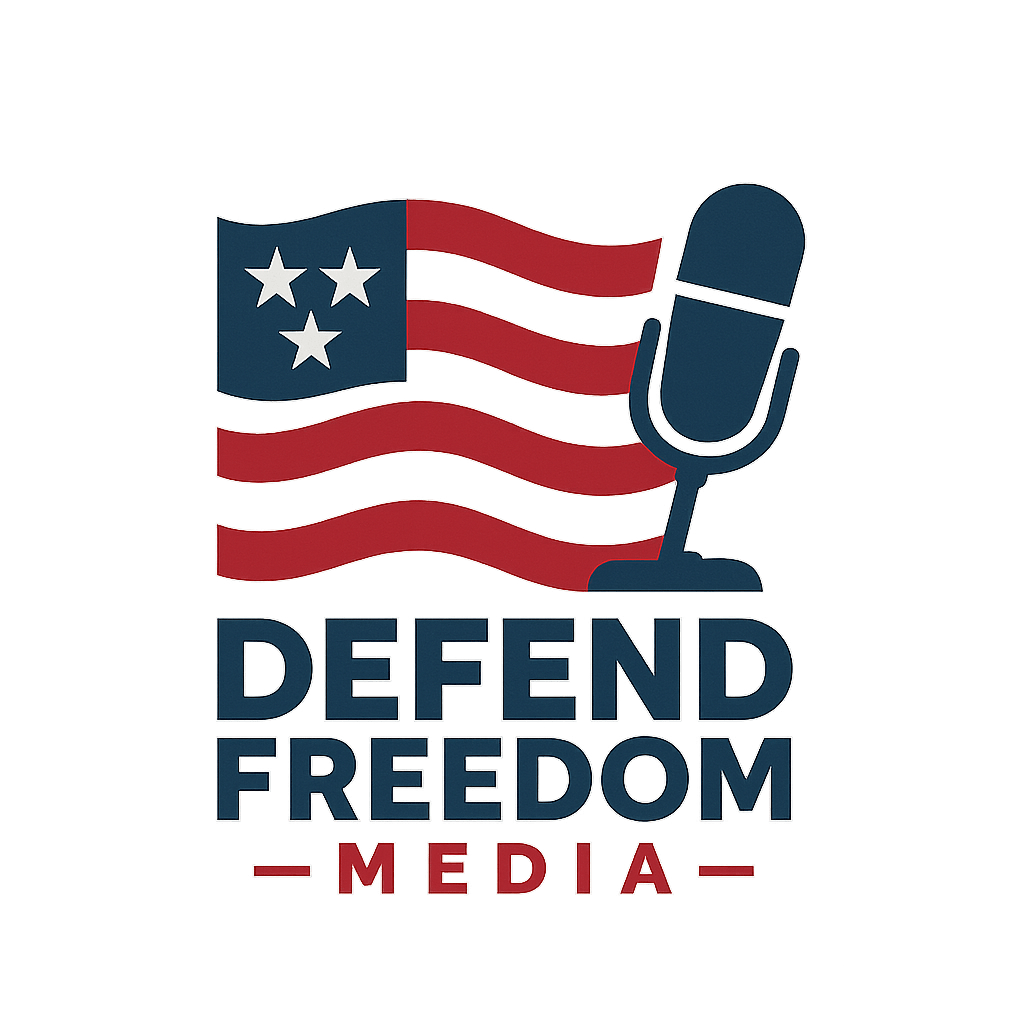
Politics and Gun Rights: A Complex Landscape
The recent agreement between the Second Amendment Foundation (SAF) and the Washington State Attorney General's Office marks a significant milestone in the ongoing dialogue over gun rights and political motivations. The investigation, which lasted three years, was officially concluded when no wrongdoing was found against SAF or its personnel. This conclusion comes as a relief to SAF founder Alan M. Gottlieb, who described the investigation as a politically motivated effort to discredit the organization's mission.
SAF was not alone in facing scrutiny; it was joined by other organizations advocating for gun rights. Gottlieb expressed dissatisfaction not only with the investigation's impact but also with the lack of accountability for former Attorney General Bob Ferguson, whom he accuses of initiating a 'witch hunt' against the foundation. This case underscores the contentious atmosphere surrounding the Second Amendment, where political bias can arise in legal action.
Understanding the Implications for Non-Profit Organizations
This agreement serves as a poignant reminder of the challenges faced by non-profit organizations that may find themselves at odds with state officials due to their beliefs or mission. Gottlieb’s assertion that no future attorney general should be able to launch politically-driven attacks against non-profits draws attention to the need for safeguards that protect these organizations from sporadic legal challenges fueled by political motives.
The Financial Burden of Political Investigations
While the agreement does not compensate SAF for the extensive resources wasted—over $200,000—the impact of the investigation was felt broadly by various stakeholders in the organization. Gottlieb lamented the loss of thousands of man-hours that could have been dedicated to advocacy efforts for gun owners instead of defending against what he termed baseless allegations.
A Call for Political Accountability in Legal Matters
As the political landscape evolves, the handling of investigations such as this one raises pressing questions about accountability and ethics in law enforcement. Gottlieb's hope for a future where similar actions are less frequent could resonate across various sectors, prompting dialogues about the power wielded by state officials and the responsibility they hold in safeguarding organizational rights.
Why Does This Matter? The Broader Context
This agreement illustrates not just the immediate effects on SAF, but also serves as a bellwether for other organizations witnessing the intersection of law and political ideology. As gun rights issues continue to generate heated debate across the country, allies and opponents alike must understand the implications of such politically charged investigations. The community must ask: what does this mean for other nonprofits and advocacy groups facing similar adversities?
 Add Row
Add Row  Add
Add 




Write A Comment